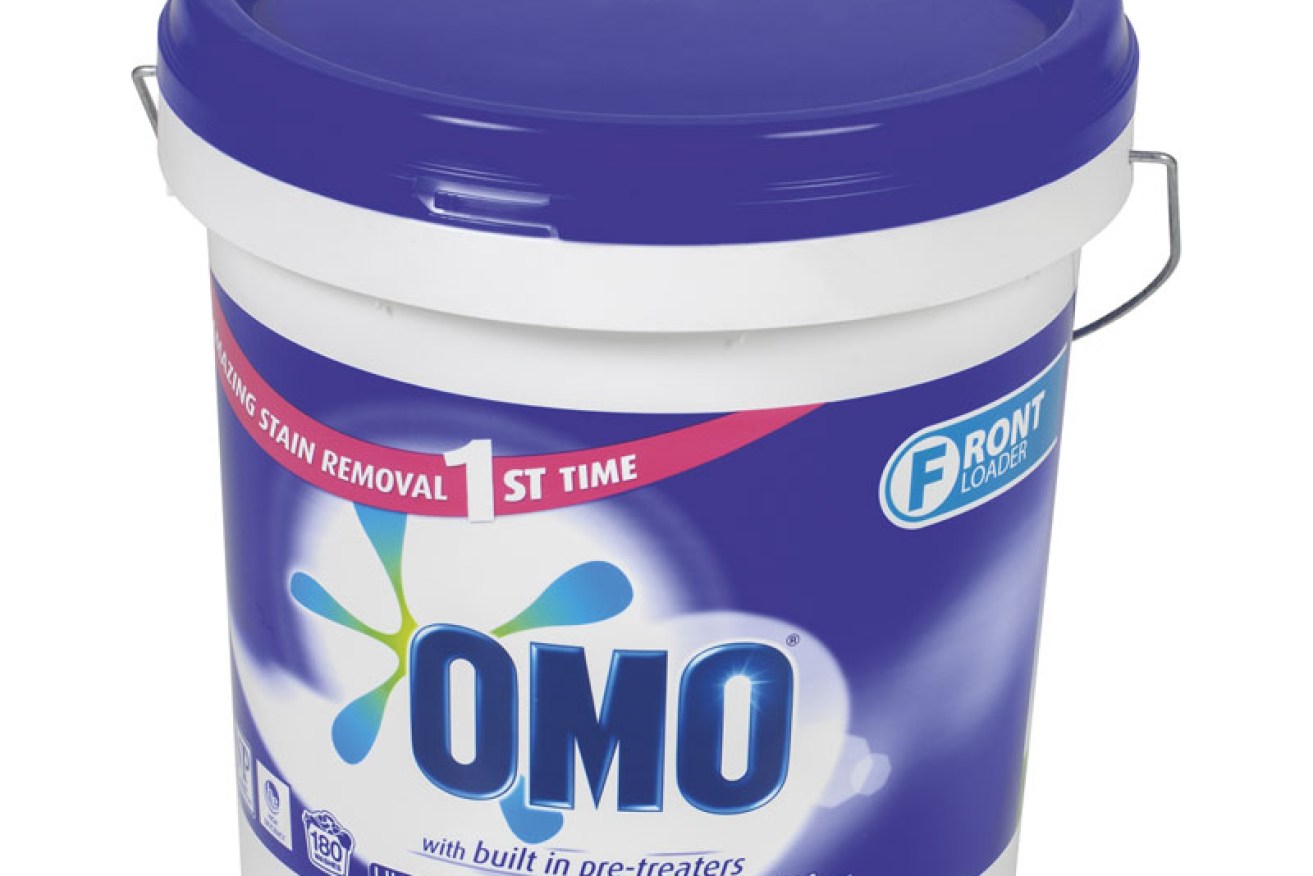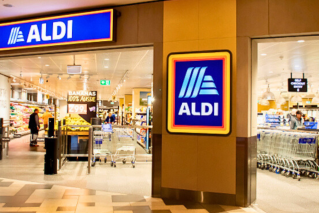Colgate fined $18 million for dirty detergent deal

Colgate-Palmolive has been hit with the equal third-biggest penalty for cartel conduct in Australian history for price and supply fixing of laundry detergents.
The personal care and cleaning products giant has been ordered by the Federal Court to pay $18 million in penalties after it admitted entering agreements that limited the supply and controlled the price of laundry detergents.
It will also pay $450,000 of the ACCC’s costs and engage in an updated three-year trade practices compliance program.
• Government closes live online betting loophole
• New class action against Cash Converters
The ACCC launched Federal Court action against the three major laundry detergent producers in December 2013, alleging that Colgate, Cussons and Unilever had engaged in cartel conduct, along with supermarket Woolworths.
The three multinationals and Australian grocery giant stood accused by the regulator of colluding to simultaneously switch the supply of laundry detergents to ultra-concentrates and stop selling standard concentrates in early 2009.
Moreover, it was alleged that the three companies agreed to sell the ultra-concentrates for the same per-wash price as the standard detergents, rather than passing on their cost savings to consumers.
The ACCC’s chairman Rod Sims said the detergent manufacturers pocketed cost savings from reduced packaging and lower transport costs.
“Of course, their costs went down in a number of ways, and so I think it’s a fair description to say that they were extremely keen to make sure that they did protect the benefits that they were getting,” he told ABC News Online.

Omo was produced by Colgate-Palmolive.
The ACCC said the agreements also standardised the products offered, including pricing, package size and the strength of concentrate offered.
The regulator contrasted this behaviour with New Zealand where, when similar products were launched, there was significant discounting.
‘Too much cartel activity going on’
The ACCC is still pursuing Cussons and Woolworths in the Federal Court, with the matter listed for hearing in June 2016.
The regulator is seeking pecuniary penalties, declarations, injunctions, compliance programs and costs.
Unilever applied for immunity protection in the matter as an informer.
“We run a very effective leniency program, we get two to three leniency applications a month sand those applications often lead to these sort of outcomes,” explained Mr Sims.
“The more we have these victories through leniency, the more that others who are involved in cartels come forward, because they realise that there is a chance that people will apply for leniency so they better be in first.”
Mr Sims said the large number of cartel leniency applications is indicative that such behaviour is a bigger problem than most people realise.
“There’s too much cartel activity going on, I think it would surprise most Australians as to how much cartel activity does go on,” he said.
Coles is not involved in these proceedings, with Mr Sims saying “there was different behaviour between the two supermarkets” and “quite a different set of circumstances.”
-ABC








